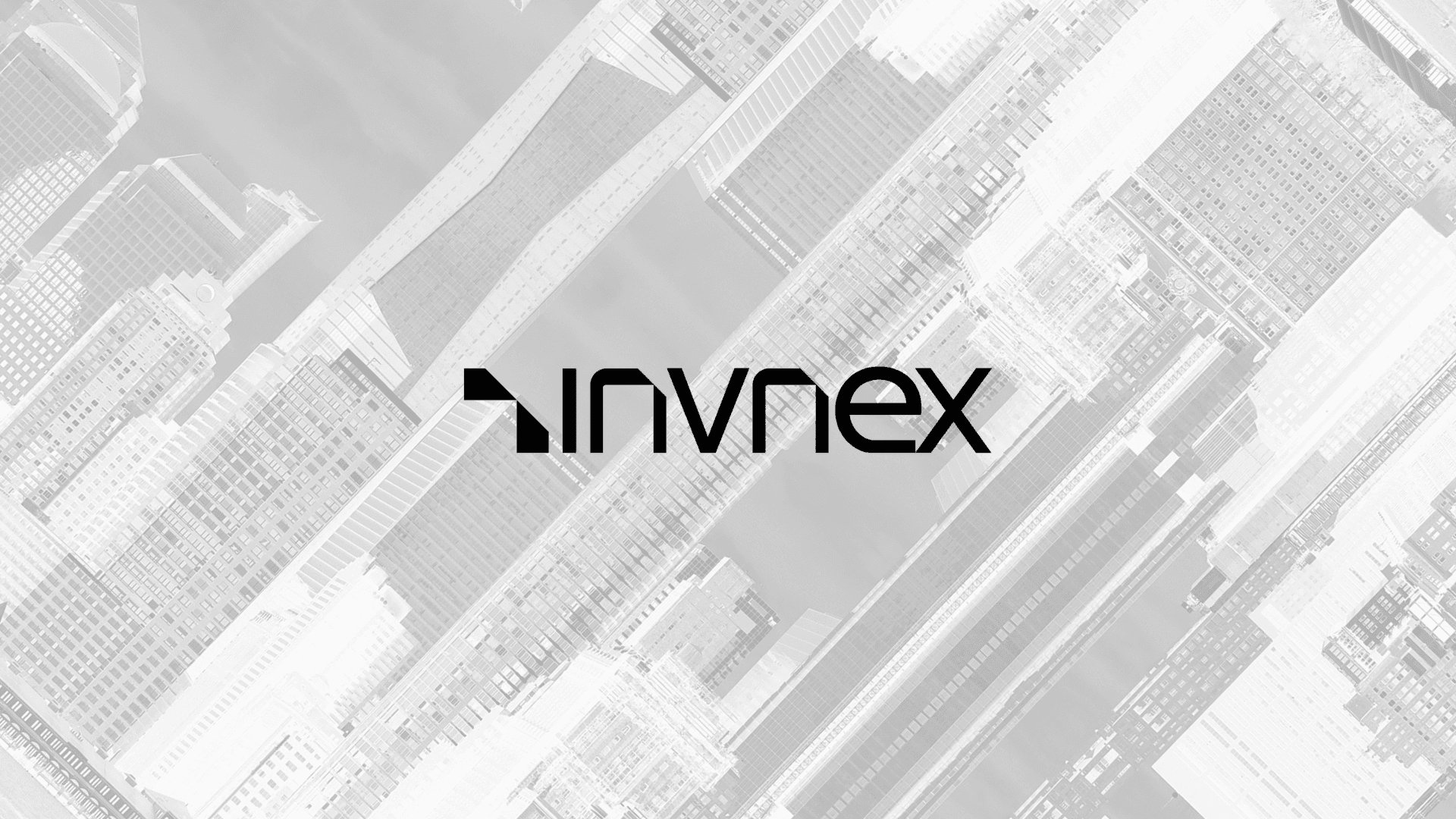What Are Private Markets?

Private markets have become an increasingly important segment of the global investment landscape. Once considered the exclusive domain of institutional investors and large funds, alternatives are now gaining attention from a broader range of investors due to their potential for higher returns and diversification benefits.
Defining Private Markets
Private markets refer to investment opportunities that are not traded on public exchanges. In contrast to public markets, where securities like stocks and bonds are listed and freely traded, private markets involve investments made through direct ownership or negotiated transactions.
Key asset classes within private markets include:
- Private Equity (e.g., leveraged buyouts, growth capital)
- Private Debt / Credit (e.g., direct lending, mezzanine financing)
- Real Assets (e.g., infrastructure, real estate, natural resources)
- Venture Capital
- Secondaries
These investments are typically structured through limited partnerships or private placements and are subject to less regulation and reporting than public assets.
A Brief History of Private Markets
Private markets began to take shape in the mid-20th century, with private equity and venture capital firms emerging to fill gaps left by traditional banks. The industry gained institutional credibility in the 1980s and 1990s, particularly through large leveraged buyouts and the rise of Silicon Valley venture funding.
Over the past two decades, private markets have seen substantial growth:
According to McKinsey’s 2024 Global Private Markets Review, global private markets AUM (Assets Under Management) reached $13.1 trillion by the end of 2023, growing at a 10% annualized rate since 2018. Source: McKinsey & Company
Private equity alone accounted for over $8 trillion in AUM, making it the largest segment within private markets.
Private credit has emerged as the fastest-growing segment, driven by rising interest rates and a pullback from traditional lending institutions.
Key Characteristics of Private Markets
- Illiquidity
Investments in alternatives are typically illiquid, meaning capital is locked in for extended periods (5–10 years or more). This long-term commitment allows managers to focus on value creation without the pressure of short-term market volatility. The Invnex secondary market solves this by providing a pathway to early liquidity.
- Higher Return Potential
Private markets often involve active management strategies aimed at driving operational improvements or capital restructuring. Over the long term, they have historically delivered superior risk-adjusted returns compared to public markets.
According to Cambridge Associates, U.S. private equity outperformed public equity by approximately 3–5 percentage points annually over a 10-year period. Source: Cambridge Associates
- Limited Transparency
Unlike public companies, private market issuers are not required to disclose financial statements to the public. This can make due diligence more complex and underscores the importance of professional oversight and curation.
- Access Constraints
Historically, minimum investments and deal complexity limited access to private markets. However, investors can allocate as low as $500 on Invnex, thus easing these constraints. Learn how investing on Invnex works.
Why Private Markets Matter Today
- Diversification
Private markets often show low correlation with public market indices. This makes them an effective tool for diversification, particularly during periods of market volatility.
- Shift in Capital Formation
More companies are choosing to stay private longer, delaying or avoiding IPOs. According to data from the U.S. Securities and Exchange Commission (SEC), the number of public companies in the U.S. has declined from over 8,000 in 1996 to roughly 4,000 in recent years.
Source: SEC https://www.sec.gov/news/speech/lee-unicorns-private-markets-public-markets-2021.html
This shift has made private markets a larger component of overall economic activity, containing many of today’s most promising growth stories.
3. Institutional Demand
Large pension funds, endowments and sovereign wealth funds have steadily increased their allocations to private markets in search of yield and uncorrelated returns.
Challenges and Considerations
While private markets offer compelling opportunities, they also present risks:
- Due Diligence Complexity: Evaluating private investments often requires access to proprietary data and domain expertise.
- Capital Lock-up: Illiquidity can be a constraint for investors needing short-term access to capital.
- Fee Structures: Private market investments frequently involve higher fees, including carried interest and management fees.
As such, participation typically requires careful planning, informed decision-making and in many cases, access to expert-curated opportunities.
The Road Ahead
The ongoing institutionalization and digitization of private markets are expected to continue reshaping global capital markets. At Invnex, we are playing a pivotal role in making these opportunities more accessible and transparent.
With macroeconomic factors driving renewed interest in alternative assets, particularly in uncertain or low-growth environments, alternatives are poised to remain a critical pillar of modern portfolio construction.